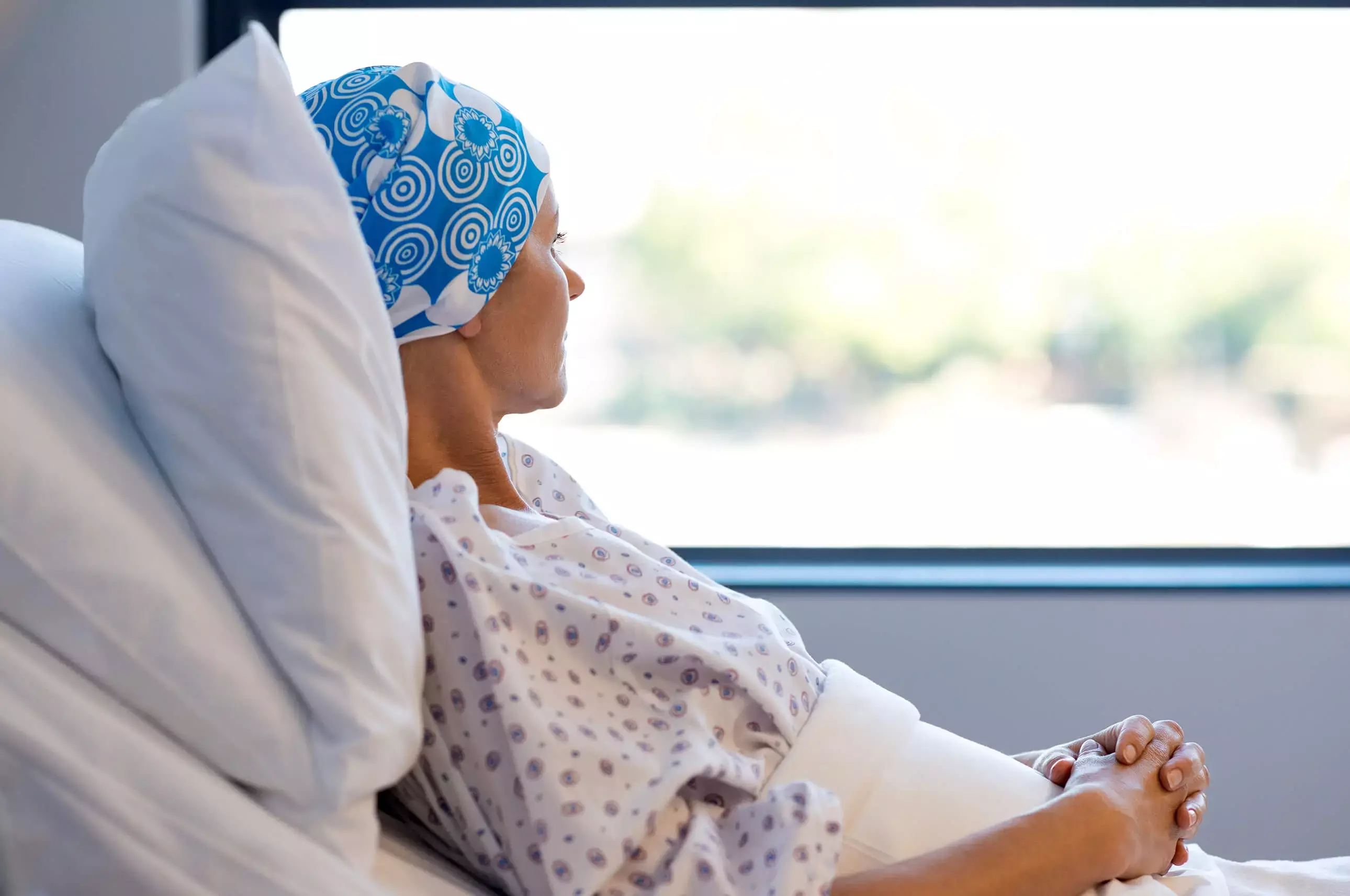- Home
- Medical news & Guidelines
- Anesthesiology
- Cardiology and CTVS
- Critical Care
- Dentistry
- Dermatology
- Diabetes and Endocrinology
- ENT
- Gastroenterology
- Medicine
- Nephrology
- Neurology
- Obstretics-Gynaecology
- Oncology
- Ophthalmology
- Orthopaedics
- Pediatrics-Neonatology
- Psychiatry
- Pulmonology
- Radiology
- Surgery
- Urology
- Laboratory Medicine
- Diet
- Nursing
- Paramedical
- Physiotherapy
- Health news
- Fact Check
- Bone Health Fact Check
- Brain Health Fact Check
- Cancer Related Fact Check
- Child Care Fact Check
- Dental and oral health fact check
- Diabetes and metabolic health fact check
- Diet and Nutrition Fact Check
- Eye and ENT Care Fact Check
- Fitness fact check
- Gut health fact check
- Heart health fact check
- Kidney health fact check
- Medical education fact check
- Men's health fact check
- Respiratory fact check
- Skin and hair care fact check
- Vaccine and Immunization fact check
- Women's health fact check
- AYUSH
- State News
- Andaman and Nicobar Islands
- Andhra Pradesh
- Arunachal Pradesh
- Assam
- Bihar
- Chandigarh
- Chattisgarh
- Dadra and Nagar Haveli
- Daman and Diu
- Delhi
- Goa
- Gujarat
- Haryana
- Himachal Pradesh
- Jammu & Kashmir
- Jharkhand
- Karnataka
- Kerala
- Ladakh
- Lakshadweep
- Madhya Pradesh
- Maharashtra
- Manipur
- Meghalaya
- Mizoram
- Nagaland
- Odisha
- Puducherry
- Punjab
- Rajasthan
- Sikkim
- Tamil Nadu
- Telangana
- Tripura
- Uttar Pradesh
- Uttrakhand
- West Bengal
- Medical Education
- Industry
ASCO guideline on prevention and management of chemotherapy-induced PN in cancer survivors

Odisha to Launch Digital Platform for Priority Cancer Care Appointments
USA: The American Society of Clinical Oncology (ASCO) has released an updated guideline on the prevention and management of chemotherapy-induced peripheral neuropathy (CIPN) in survivors of adult cancers. The guideline is published in the Journal of Clinical Oncology.
For developing the guideline, an expert panel led by Charles L. Loprinzi, Mayo Clinic, Rochester, MN, conducted targeted systematic literature reviews to identify new studies.
The search strategy identified 257 new references, which led to a full-text review of 87 manuscripts. A total of 3 systematic reviews, 2 with meta-analyses, and 28 primary trials for the prevention of CIPN in addition to 14 primary trials related to the treatment of established CIPN are included in this update.
The following recommendations are evidence-based, informed by randomized trials, and guided by clinical experience.
Prevention of chemotherapy-induced peripheral neuropathy
- Clinicians should assess the risks and benefits of agents known to cause CIPN among patients with underlying neuropathy and with conditions that predispose to neuropathy such as diabetes and/or a family or personal history of hereditary neuropathy.
- Clinicians should not offer, and should discourage use of, acetyl-l-carnitine for the prevention of CIPN in patients with cancer.
- Outside the context of a clinical trial, no recommendations can be made on the use of the following interventions for the prevention of CIPN: acupuncture, cryotherapy, compression therapy, exercise therapy, ganglioside-monosialic acid (GM-1).
- linicians should not offer the following agents for the prevention of CIPN to patients with cancer undergoing treatment with neurotoxic agents: all-trans retinoic acid, amifostine, amitriptyline, calcium magnesium, calmangafodipir, cannabinoids, carbamazepine, l-carnosine, diethyldithiocarbamate (DDTC), gabapentin/pregabalin, glutamate, glutathione (GSH) for patients receiving paclitaxel/carboplatin chemotherapy, goshajinkigan (GJG), metformin, minocycline, N-acetylcysteine, nimodipine, omega-3 fatty acids, org 2766, oxcarbazepine, recombinant human leukemia inhibitory factor, venlafaxine, vitamin B, and vitamin E.
Treatment of chemotherapy-induced peripheral neuropathy that develops while patients are receiving neurotoxic chemotherapy
- Clinicians should assess, and discuss with patients, the appropriateness of dose delaying, dose reduction, or stopping chemotherapy (or substituting with agents that do not cause CIPN) in patients who develop intolerable neuropathy and/or functional nerve impairment.
Treatment of chemotherapy-induced peripheral neuropathy for patients who have completed neurotoxic chemotherapy
- For patients with cancer experiencing painful CIPN, clinicians may offer duloxetine.
- Outside the context of a clinical trial, no recommendations can be made on the use of the following interventions for the treatment of CIPN: exercise therapy, acupuncture, scrambler therapy, gabapentin/pregabalin, topical gel treatment containing baclofen, amitriptyline HCL, plus/minus ketamine, tricyclic antidepressants, and oral cannabinoids.
Reference:
DOI: 10.1200/JCO.20.01399 Journal of Clinical Oncology 38, no. 28 (October 01, 2020) 3325-3348.
Dr Kamal Kant Kohli-MBBS, DTCD- a chest specialist with more than 30 years of practice and a flair for writing clinical articles, Dr Kamal Kant Kohli joined Medical Dialogues as a Chief Editor of Medical News. Besides writing articles, as an editor, he proofreads and verifies all the medical content published on Medical Dialogues including those coming from journals, studies,medical conferences,guidelines etc. Email: drkohli@medicaldialogues.in. Contact no. 011-43720751


